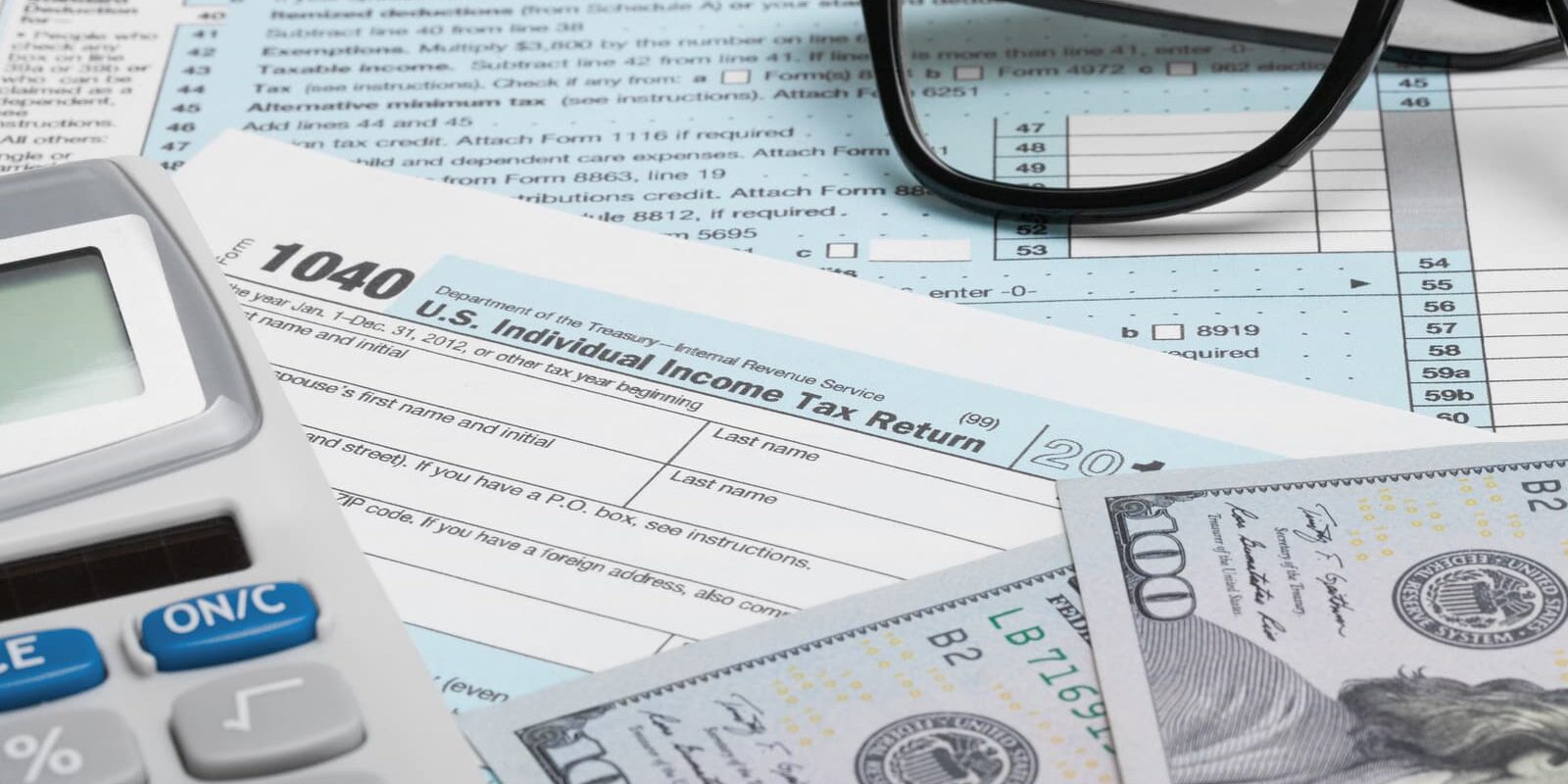For many couples, one partner is in charge of the finances. For example, the husband may bring home the paycheck, but the wife may balance the checkbook and take care of household bills.
This type of financial separation is also common when it comes to filing taxes each year. Often, a husband or wife will complete a joint tax return and simply have their spouse sign it at the end. While this type of system may work if everything is filed correctly, problems arise when the couple underpays the taxes or when one spouse attempts to hide income from the Internal Revenue Service without the other spouse’s knowledge. When this happens, the innocent spouse is sometimes released from the obligation to pay the debt owed.
Tax Debt in Divorce
Washington is a community property state. This means that all property and debts acquired during the marriage are owned by both spouses. Back taxes, like any other debts, are owed jointly by each spouse, regardless of whether both spouses were working that year, or which spouse filed the tax return.
During a divorce, the court may assign part or all of the tax debt to either spouse. The divorce decree will decide which spouse should pay the debt, or if the debt should be split between the two spouses. The decree will also specify the amount that each person owes on the debt.
Unfortunately, the IRS is not a party to the divorce decree and is not bound by the decision of that court. Regardless of how the family court judge broke up the debt, the IRS has the right to pursue that debt from both parties. When this happens, the spouse who had no knowledge of the contents of the tax return may be eligible for Innocent Spouse Relief.
Innocent Spouse Relief
The IRS has carved out three exceptions to its rules requiring both spouses to be responsible for the debts in a joint return. The exceptions, known generally as Innocent Spouse Relief, cover joint returns and returns filed as married filing separately.
The main exception for innocent spouses applies when the spouse who did not fill out the joint return had no knowledge, and no way to know about the contents of the return. As such, it would be unfair to hold that person responsible for any errors or underpayments. This exception is usually used in the case of an abusive relationship, when a signature is forged, or when the innocent spouse cannot read or understand the contents of the return. It is usually not enough to claim that the non-filing spouse did not read the return; each person has an obligation to attempt to understand any tax return being filed in his or her name.
Second, couples who divorced after filing a deficient return have the option to ask the IRS to allocate, or separate, the debt equitably. This will prevent each spouse from being personally responsible for the entire amount of the debt. However, this rule only applies if each spouse had knowledge that something on the return was false. For example, if a husband failed to report $10,000 of self-employment income, resulting in a deficient tax return, the couple would only be able to seek allocation if the couple is now divorced and if the wife knew about the extra income.
Finally, and most importantly, there is an exception for married filing separately tax returns in community property states like Washington. With these returns, one spouse may owe taxes while the other may not. Washington law would make both parties responsible for the debt in a divorce; however, the IRS will sometimes make an exception so that both spouses are not responsible for only one spouse’s debt.
When dividing property in a divorce settlement, back taxes can be a serious debt and long-term obligation that must be fairly managed. Accurately dividing property and debt like this often requires the help of a skilled Washington family law attorney. The lawyers at Pacific Northwest Family Law have many techniques at their disposal to help divorcing couples split marital property in an equitable way, and achieve great successes using mediation, collaboration, and other dispute resolution methods.
For help dividing marital property in a divorce, contact us today by calling 877-738-0777.



